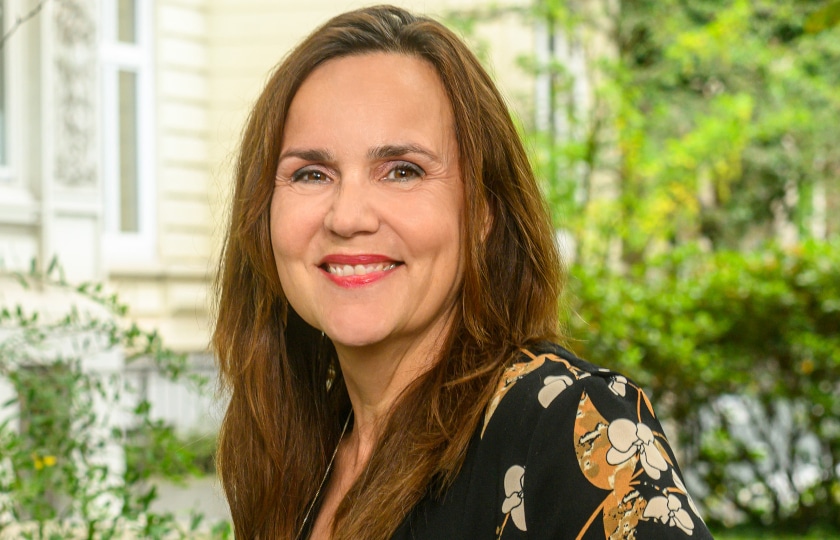The RISC project examines the transformation of the journalism/audience relationship and its relevance for social cohesion. In the light of “fake news” accusations against established media and declining subscription numbers: what does the public expect from journalists, and how do they view their own role in terms of social cohesion.
Journalism’s relationship to its audience is profoundly affected by the transforming media environment: the way how people use news is changing, as is what they demand from journalism, which they, for instance, expect to provide greater transparency and focus more strongly on participation and dialogue. The transformation can be observed in the form of the ubiquitous and instantaneous media criticism expressed in user comments, the apparently fragile trust in media among parts of the population, and in extreme cases, accusations against the media of producing “fake news”. The declining number of subscriptions to newspapers and the low willingness to pay for online journalism are additional indicators that journalism often does not meet the expectations of its users.
However, we know very little about what exactly the public does expect from journalism, and how these audience expectations relate to what journalists themselves regard as their professional task or the self-perception of their own role. This also means that virtually nothing is known about the extent to which the views of journalism and its importance for social cohesion on both sides differ.
Against this backdrop, this subproject within the context of the Research Institute Social Cohesion works on two key questions: what ideas and expectations do journalists in Germany have in relation to the relevance of their work for social cohesion? And to what extent are these expectations and self-images (in)congruent with expectations and demands that citizens place on journalists?
First Findings
An impulse paper in German language entitled “Zusammenhalts-sensibler Journalismus” [Cohesion-Sensitive Journalism] bundles ideas for “cohesion-sensitive journalism” collected in group discussions with experts from journalism, science, integration work and NGOs.
Loosen, Wiebke; Reimer, Julius; Albert, Verena (2021): Zusammenhalts-sensibler Journalismus [Cohesion-Sensitive Journalism]. Hamburg: Hans-Bredow-Institut, October 2021 (Working Papers of the Hans-Bredow-Institut | FGZ Results No. 60) DOI: https://doi.org/10.21241/ssoar.75462
Photo by Evangeline Shaw on Unsplash













